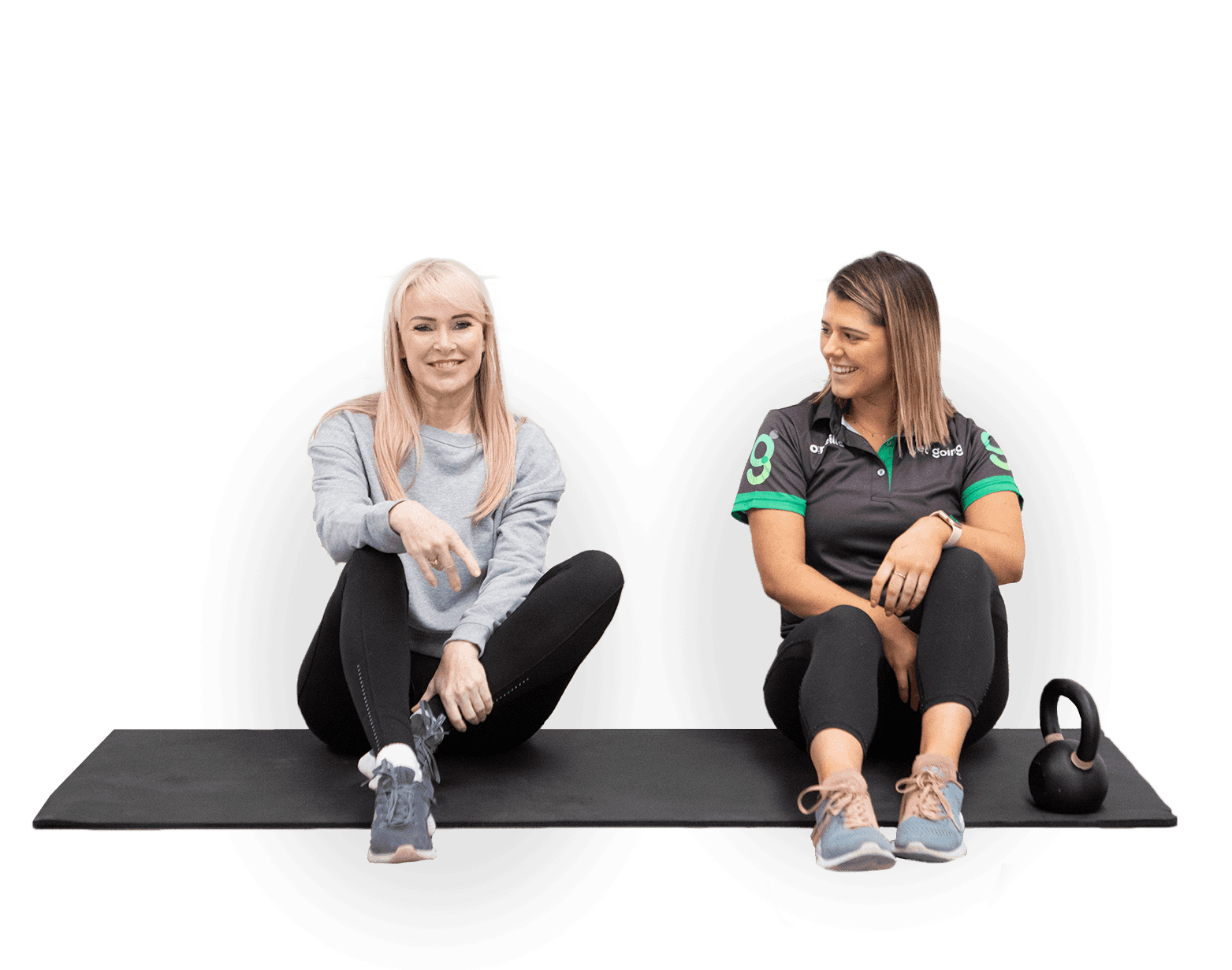How to super-charge your mental health
PTSD & Trauma: By moving your body frequently, you build habits that help break down and dissolve immobilisation reactions.
PTSD & Trauma: By moving your body frequently, you build habits that help break down and dissolve immobilisation reactions, that are common for PTSD and trauma sufferers.
Anxiety: Exercise relieves physical stress and helps energy levels rise. Tip: focus on being mindful while working up a sweat. Think less about how many steps you’ve taken and more about the cute puppy you just saw or the feeling of fresh air, opening your lungs.
Depression: Physical activity releases happy endorphins, like dopamine and serotonin, in your brain. In some cases, exercise’s just as effective as antidepressants – but no nasty side effects! Exercising also helps prevent your mind from relapsing, by increasing neural growth in the brain.
ADHD: When working out, it’s hard to get distracted. Hitting the gym boosts dopamine production in the brain, helping you focus. It works in a similar way to ADHD medication.
Stress: If you work hard enough, you will only focus on what your body is doing. There’s no room in your mind for anything else. Stress can manifest physically too. Exertion helps alleviate this by stretching out your muscles and regulating your breathing. (Yoga is GREAT for that!)
Mental Resilience: A hard workout teaches you to push your body, even when it’s screaming for you to stop. That physiological habit gets passed on and makes it easier to apply in real life. Getting sweaty is the best coping mechanism out there. It’s your chance to break out of a negative cycle. You’ll feel strong and powerful, like Arnie!
Negative Thoughts: A workout is more than just going for a run or lifting weights. It’s a lifestyle. It changes the way you think, the way you do things and neurologically modifies your make-up as a human.
Getting active helps your brain produce happy chemicals, as well as other good hormones to help your body feel better.
And you can do it with help! Without even asking (directly) for it!
A personal trainer is another form of support – without the pressure. They’re there to increase your happiness, through exercise. That’s it. They usually end up being much more than that, a shoulder to cry on and a friend. But at this point, they’re something to tell your negative thoughts to hush, at least for the next 45 minutes. It’ll be hard and tempting to cancel, but you can do it.
Mental illness is something that occurs when you’ve gone through something significant. Because of this, you are STRONG. You are BRAVE. And You are still YOU. The Get Going Personal Training team can help you find that.













